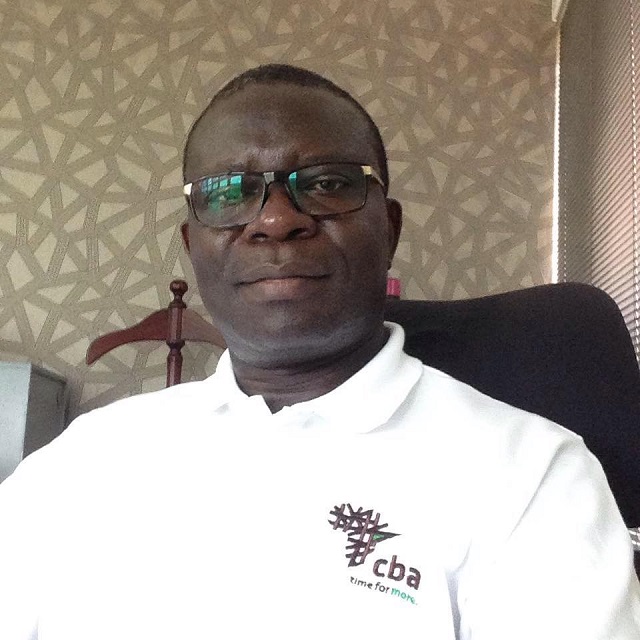
Samuel Odeke is the Chief Executive Officer of Commercial Bank of Africa (CBA). He spoke to The Independent’s Ian Katusiime about CBA’s plans and other issues in the banking sector.
What inspires your management philosophy?
I believe management is typically an art not a systematic way of doing things. It is a combination of the goal you want to achieve, how you want to achieve it and the period in which you are supposed to achieve it. Management is shaped by how you manage a team, how you look at resources you need and how you deploy those resources. The supervision of those resources and the leadership also matters.
What are the critical challenges facing the banking industry?
Absence of long term finance is the first one. If you look at agriculture, manufacturing and all those projects that are long term, some of them access funds outside this country through other institutions. Banking penetration is also generally low. There are less than 5 million accounts out of a population of 37 million. Mobile money has penetrated faster than the banking industry because of convenience.
Should government bail-out businesses that are in distress or should the businesses pay for their bad behaviour?
It depends on the businesses that are going to be rescued. How important are the businesses to the community or economy if they went down? What is their impact on the economy? It is not bad for government to do business with companies because at a certain point, the government can exit and recover their money. I think the modalities are the problem; what sectors are involved? What caused the business to struggle is also important. Sometimes it is management style. If it is typical internal issues within the company, then the government should not waste money. If it is the troubling economic situation, then maybe government can come in. We can see this from developed countries where the U.S. government bailed out AIG and other firms during the global financial crisis because they knew that the multiplier effects would lead to the collapse of other sectors.
There is a lot of talk about cutting interest rates and banks are under fire if they don’t. Where does CBA stand on this?
The most important thing is to look at the root cause. Interest rates are high in markets due to supply and demand. There is also government policy and the environment generally. In this market, there is no long term capital. Long term deposits are not there and short term deposits are quite expensive. People want to borrow long term but we don’t have deposits to match. Using short term deposits to finance long term assets is risky because the uncertainty of the future is very high. Also, volatility in inflation is high, the risk tendency of lending is too high, and we don’t have to fall back positions. People do not pay back when they borrow and there is also a lot of diversion of funds borrowed which also creates a higher risk to default. When you combine those issues, you come up with an environment of high uncertainty which leads to high interest rates.
Where do you see CBA in the next five years?
We are looking at growing our customer base. We are exploring how to improve on our service channels to make them digital and we plan to bring more digital products of convenience. We are looking at increasing our presence through agency banking, branches in concentrations of our market segments, and customer service points that include more than normal banking and where we also do sales and respond to our customer needs.
CBA introduced MoKash in partnership with MTN a few months ago. How would you assess its performance?
We launched in August and recent figures show deposits have exceeded Shs2.3 billion and the asset book has also exceeded Shs1.2 billion. That is a typical success. The convenience of this product to our customer segment is one of the key factors for its success.
What other products are you working on for your customers?
One of those is online account opening where we are targeting the youth. You can open an account online by just going to our website. You fill it out yourself. We are also into partnerships. We are partnering with Sendwave, a channel through which the Diaspora send their money back home. We have also recently integrated with URA and NSSF, to enable our customers pay taxes through us and also to enable us collect NSSF contributions on behalf our clients. We are looking at launching an SME product which can be accessed through the mobile telecom platform to benefit our SME customers who do not have access to banks.
****
editor@independent.co.ug
 The Independent Uganda: You get the Truth we Pay the Price
The Independent Uganda: You get the Truth we Pay the Price



